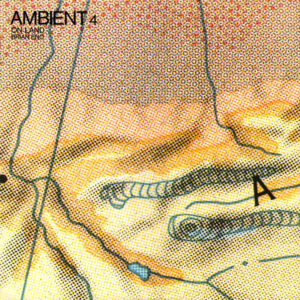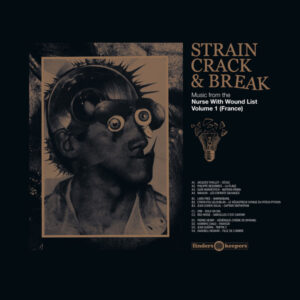Description
“Harald Grosskopf was in his early twenties when LSD ‘blew [his] reality away,’ as he recalls. Born in Hildesheim in 1949, he had previously drummed in fairly conventional rock bands, most recently for Wallenstein. Their label-boss Rolf-Ulrich Kaiser was fond of facilitating jam sessions for musicians on his Ohr und Pilz label, often supplying his ‘cosmic couriers’ with LSD (unbeknown to them, on occasion). In one such session, the drug inspired something of an epiphany in Grosskopf: ‘There I was playing the drums when, in the midst of my euphoria, I realized that I had been imitating other drummers. Suddenly a voice spoke to me: stop trying to sound like Billy Cobham or Ginger Baker. From that moment on I felt liberated, free to drum without having to shine in a particular role.’ Having discovered his own musical identity, Harald Grosskopf understood that a standard rock combo was not the ideal conduit through which to express it. Grosskopf: ‘I was completely in thrall to electronic music and the total freedom that it offered. This was the music I wanted to create. I knew it would be a success, the energy levels were so high.’ Grosskopf consequently left Wallenstein. ‘I fell into a hole at first, wondering what I was going to do. So I sold my prized drum kit and used the money to buy a guitar, amp and echo device.’ A few days later, the doorbell rang. It was Manuel Göttsching, on his way back to Berlin from a tour of France. They knew each other from Berlin’s electronic scene and recording sessions for the likes of Ash Ra Tempel. Göttsching invited Grosskopf to sign up for his new project Ashra and the rest is history: Ashra (Grosskopf, Gottsching, Lutz Ulbrich alias Luul) released a series of successful albums in the years that followed. It was not until the summer of 1979, however, that he finally felt ready to release a solo album. Synthesist comprises eight instrumentals, recorded largely by Grosskopf on his own. His melodies, carried along by synthesizers and drums, were reminiscent of works by Berlin electronic friends such as Klaus Schulze and Tangerine Dream, as well as those ‘cosmic’ sessions of the early 1970s — yet each melody retains a unique timbre. Synthesist is thus regarded as a classic by electronic music enthusiasts all over the world, evoking a thrilling musical era of the past with equal capacity to excite today.” –Christoph Dallach





